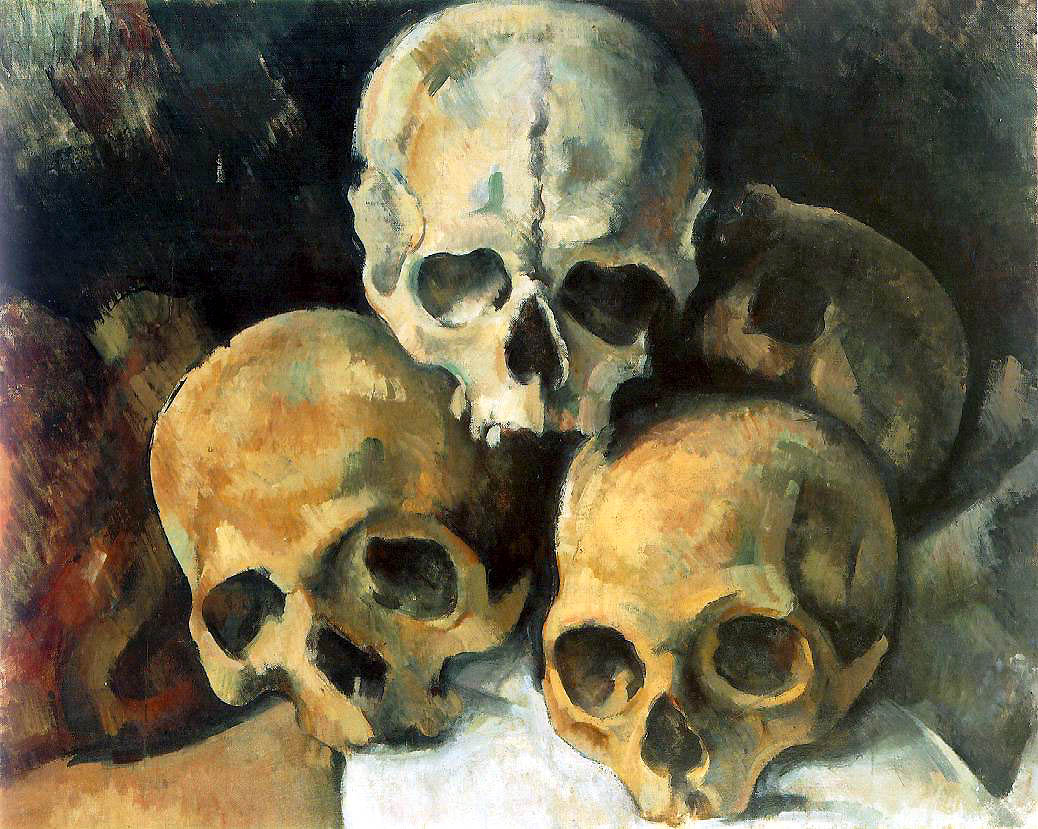
Thoughts about death are not pleasant, and most people avoid them. Stoics, however, choose a different route. They believed you should be exposed to it, and we will see why.
It’s ultimately a matter of perspective
Like in many other cases, Stoics won’t affirm that death is something bad or good in itself because perspective is what truly matters in this case. When we ask: “What happens after we die? We are actually asking if our personality, memories, feelings will remain or perish with our body (since we know that the body will be lost in time). This is similar to asking: What will happen to me tomorrow? How? Well, you have yet to exist tomorrow, therefore, there is no “you”.
Tomorrow doesn’t exist, it is a time which will become real. However, we often live more in the future than in the present. In that sense Seneca writes: “Whatever can happen at any time, can happen today.” And that includes death. So live.
Epictetus believed reflecting on death frees us from suffering
On the matter of death, Stoic philosophers admired Socrates and his understanding of death, like Epictetus for example:
Men are disturbed not by the things which happen, but by the opinions about the things: for example, death is nothing terrible, for if it were, it would have seemed so to Socrates; for the opinion about death, that it is terrible, is the terrible thing.
Enchiridion
Socrates didn’t fear death, he had a different perception of it. Death was only a new beginning because the soul is immortal and on a constant journey. The body can fall apart easily, but the soul, on the other hand, continues to live after the death of the body. Stoic philosophers believed that the soul returned to the universe, to its eternal motion.

What does this mean in practice? And how does acceptance of death help us lead better lives. Let’s start by rethinking our relationship with death and loss.
Let death and exile and every other thing which appears dreadful be daily before your eyes; but most of all death: and you will never think of anything mean nor will you desire anything extravagantly.
Enchiridion
In this quote, we can clearly see that habit can make miracles. If we are exposed to certain events often, it may be something dreadful like death, it will dull our senses and emotions. I am sure that people like undertakers and others who deal with corpses can even become indifferent to them. Epictetus goes on to say:

If you love an earthen vessel, say it is an earthen vessel which you love; for when it has been broken, you will not be disturbed. If you are kissing your child or wife, say that it is a human being whom you are kissing, for when the wife or child dies, you will not be disturbed.
This second quote is tricky, and it seems inhuman. What Epictetus suggests is to look closely at the world, and look at it as it is. Bodies are matter, they rot and fall apart. When he says “they are only human beings” he looks at the essence of it, and he is aware that death is not the death of the soul, but of the body.
Marcus Aurelius and complete acceptance
Marcus Aurelius thought more about death in a positive way, and I would like to emphasize two concise quotes:
“Death smiles at us all, all a man can do is smile back”, and “Death, like birth, is a secret of Nature”.
It appears, this is the ultimate reflection of death and its place in nature. It is part of us, and none can escape it, and that is the reason why one shouldn’t worry about it. A wise man should smile at it. Otherwise, a crippling fear of death will inhibit the joy of being alive. What we are fearing is not death itself, but fear of death. Don’t waste your life on fear.
“It’s not death that man should fear, but he should fear never beginning to live” – Marcus Aurelius










